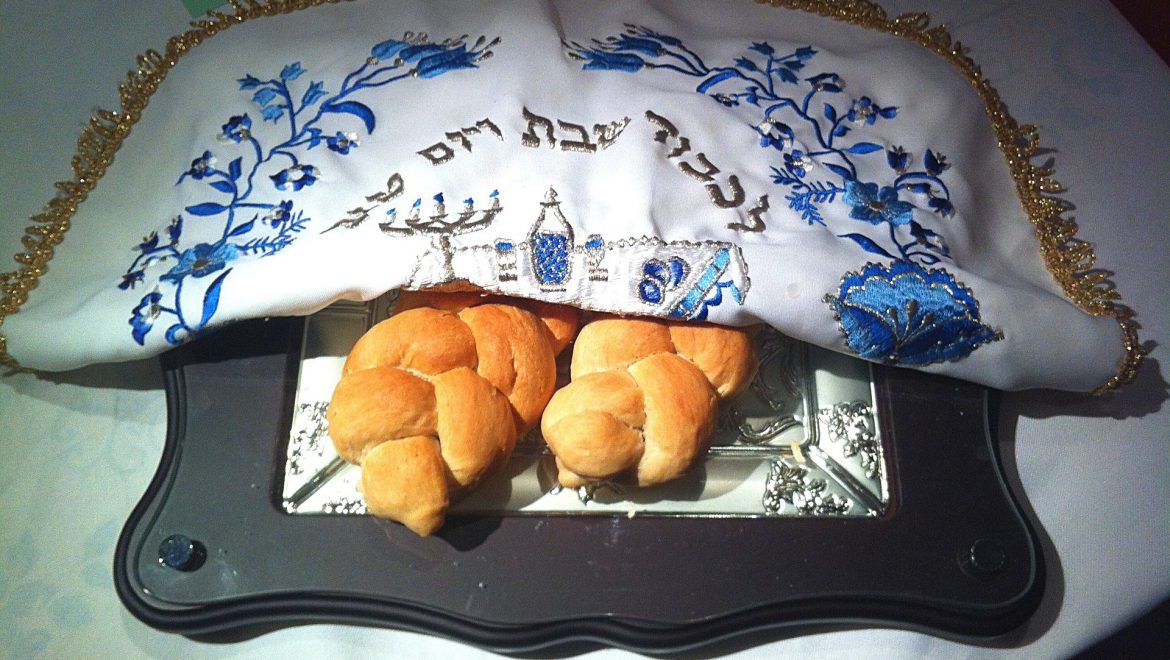
This short post explains the biblical origins behind the ritual hand-washing before bread, which is based on the ancient purity rituals of the Kohanim (Priests) in the Temple. This explanation was written by Orthodox Chabad Rabbi Naftali Silberberg as an answer to a question posted on AskMoses.com, a website dedicated to answering questions about Judaism.
Why Do We Wash Our Hands Before Eating Bread?
There is a Torah commandment that when one has a harvest of wheat, wine or olive oil, a small percentage is given as Terumah (a “separation”) to the Kohen.
Terumah must be kept pure, and the Kohen who eats it must be pure. Since a person’s hands are active and might have come in contact with something unclean or impure, a Kohen must wash his/her hands before consuming terumah.
This applies only to bread, for olive oil and wine are not generally eaten directly with the hands.
In order to keep us ready for the time when we will once again be eating terumah – with the coming of our righteous Messiah, our rabbis instituted the washing of hands before eating any bread.
In order to ensure that the Kohanim wash, the Sages applied this rule to all Jews, kohanim and ordinary Israelites alike.

